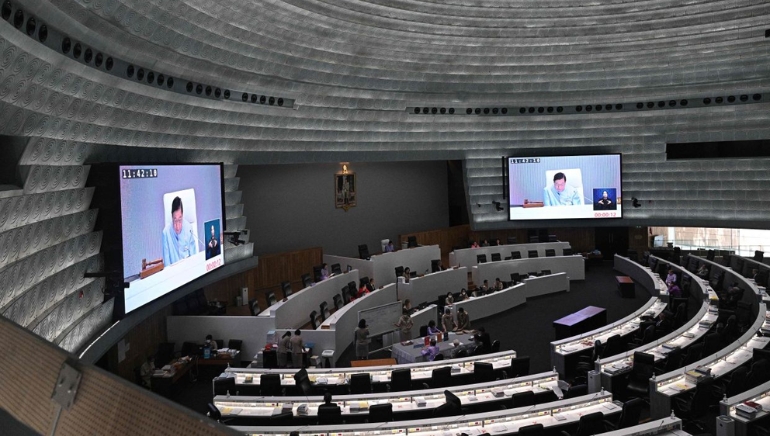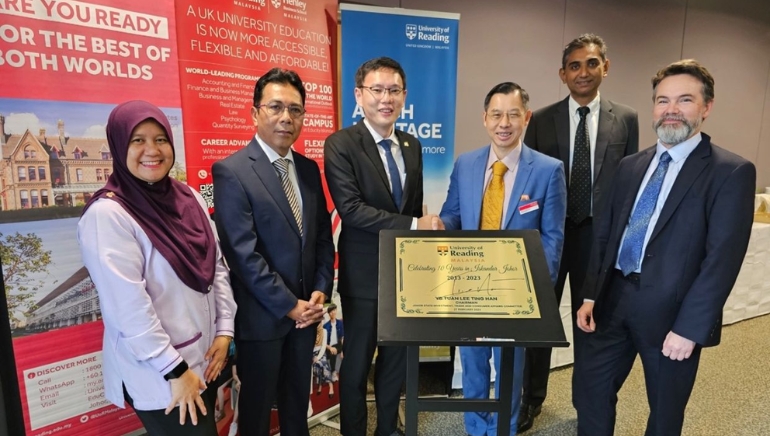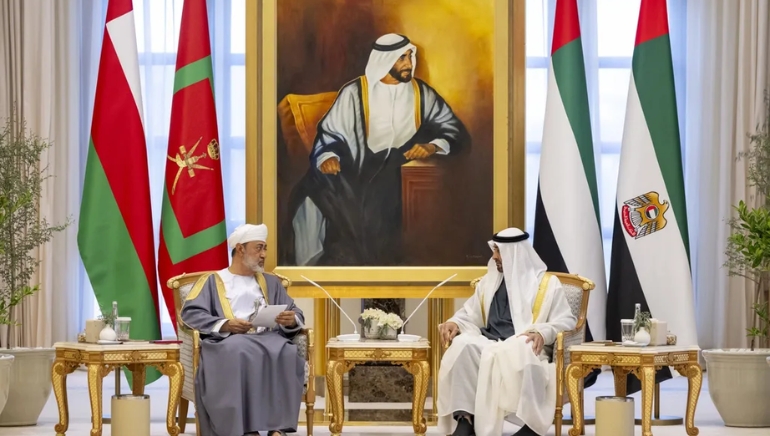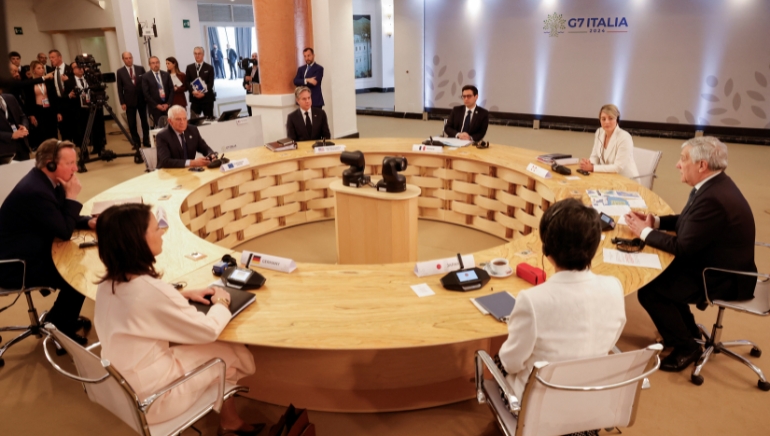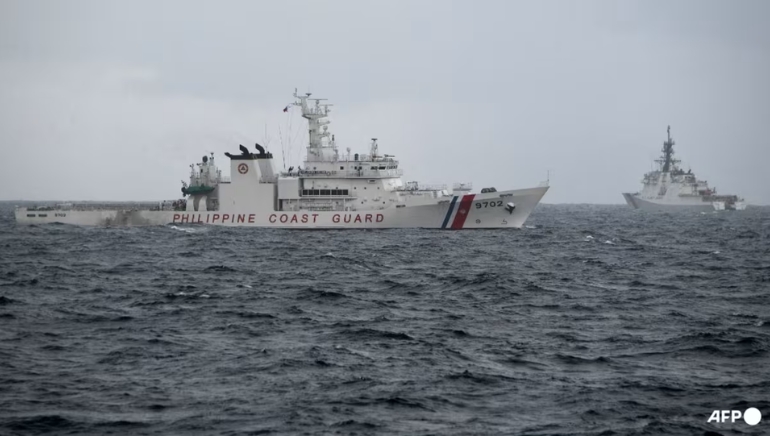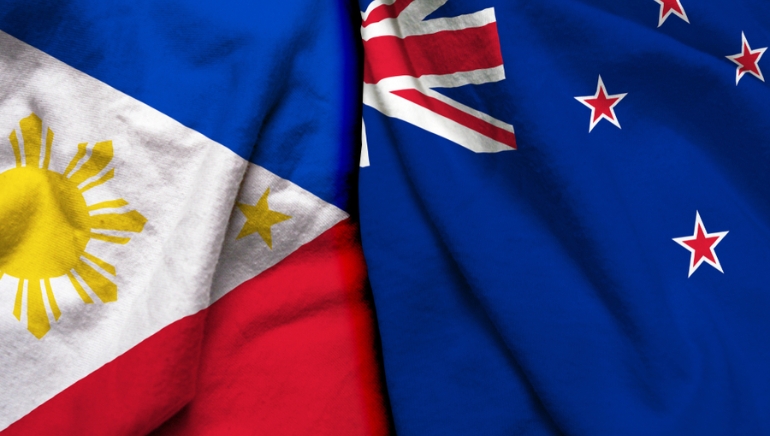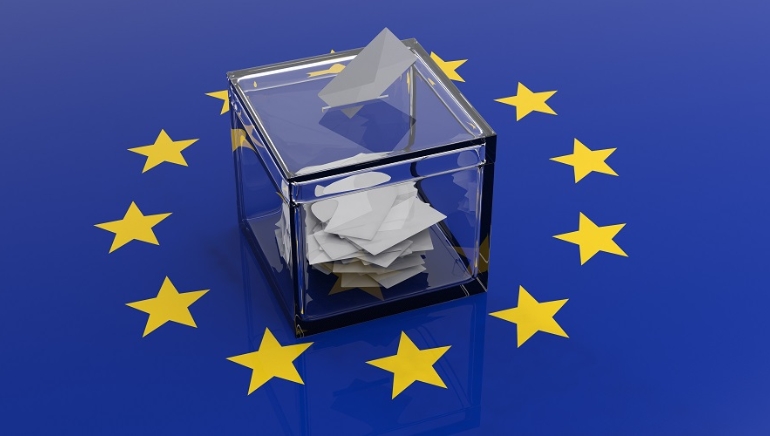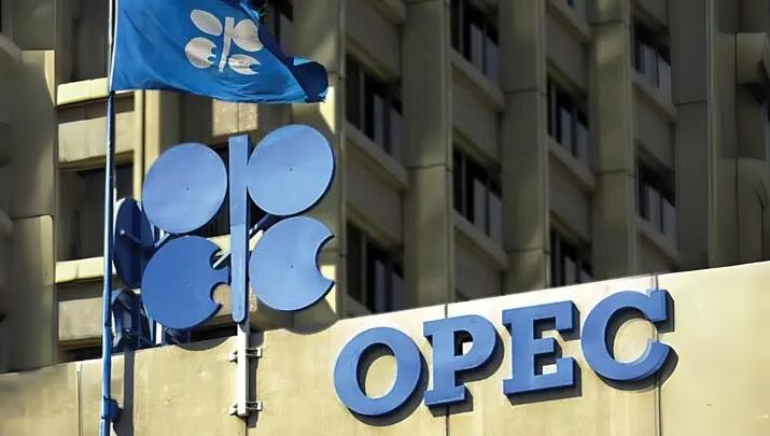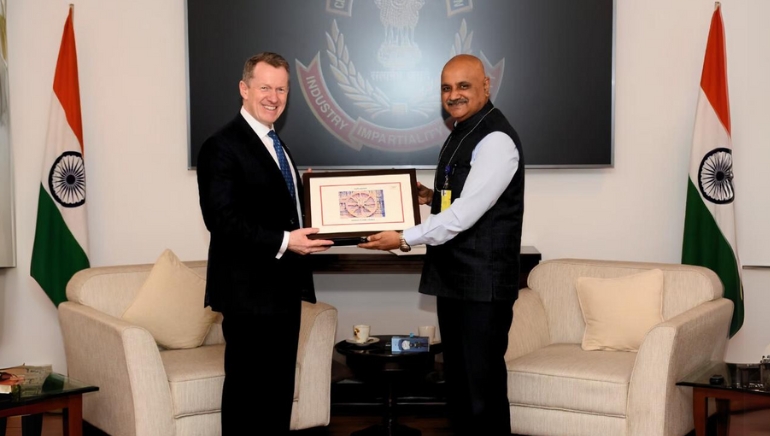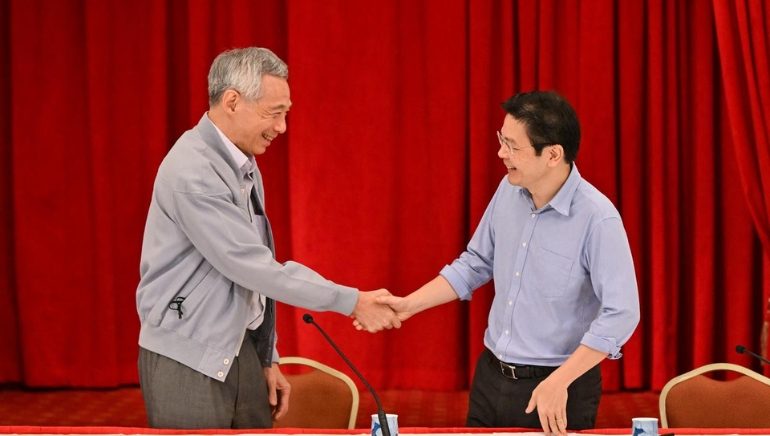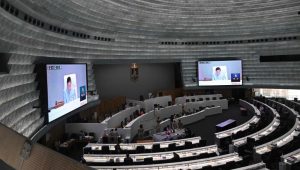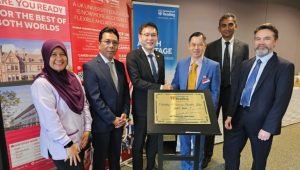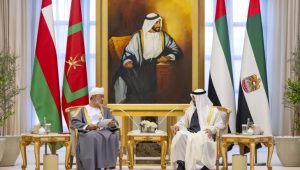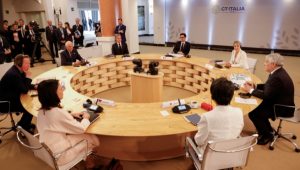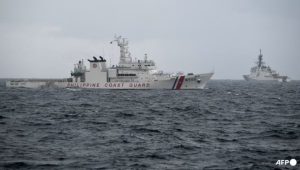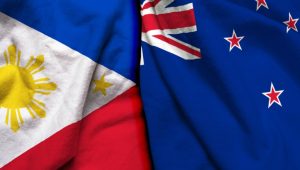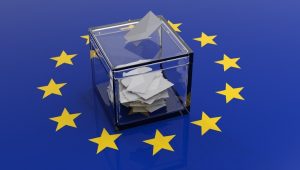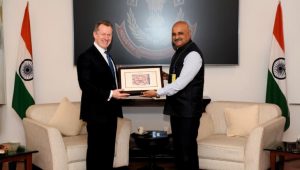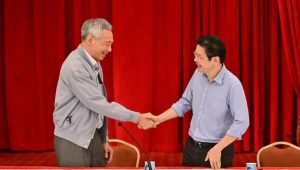On Tuesday, Thai cabinet approved a plan to restructure the Senate and remove its ability to select the prime minister. The appointed Senate, which was first imposed by the military following the coup in 2014, has essentially served as a veto for the military when it comes to selecting the nation’s leader.
The selection of the next 200 senators will now take place through a complex procedure involving numerous professional fields. However, they will not be involved in the formation of the government.
After the current Senate prevented the anti-establishment Move Forward party from forming a government in 2023, criticism of the body grew. After a standoff, the military-backed proxy parties and the Pheu Thai party, which came in second, established an extraordinary alliance to create the government. Now in opposition, Move Forward faces dissolution for opposing laws upholding the monarchy.
Twenty professional groups are involved in the selection process for the new senators, shortlisting candidates who will face off provincially. However, unlike in parliamentary elections, regular voters have no direct voice.
The upper chamber will still have the right to appoint members of independent bodies and to conduct legislative oversight when its reforms take effect in July. The lower chamber, which is elected, will nevertheless have the last say in legislation.





